VIJAY PRASHAD examines why in 2018 Washington started to take an increasingly belligerent stance towards ‘near peer rivals’ – Russa and China – with far-reaching geopolitical effects
Silent spring?
Spring has sprung in all its glory — but DAVE BANGS is disturbed by the absence of a crucial sound
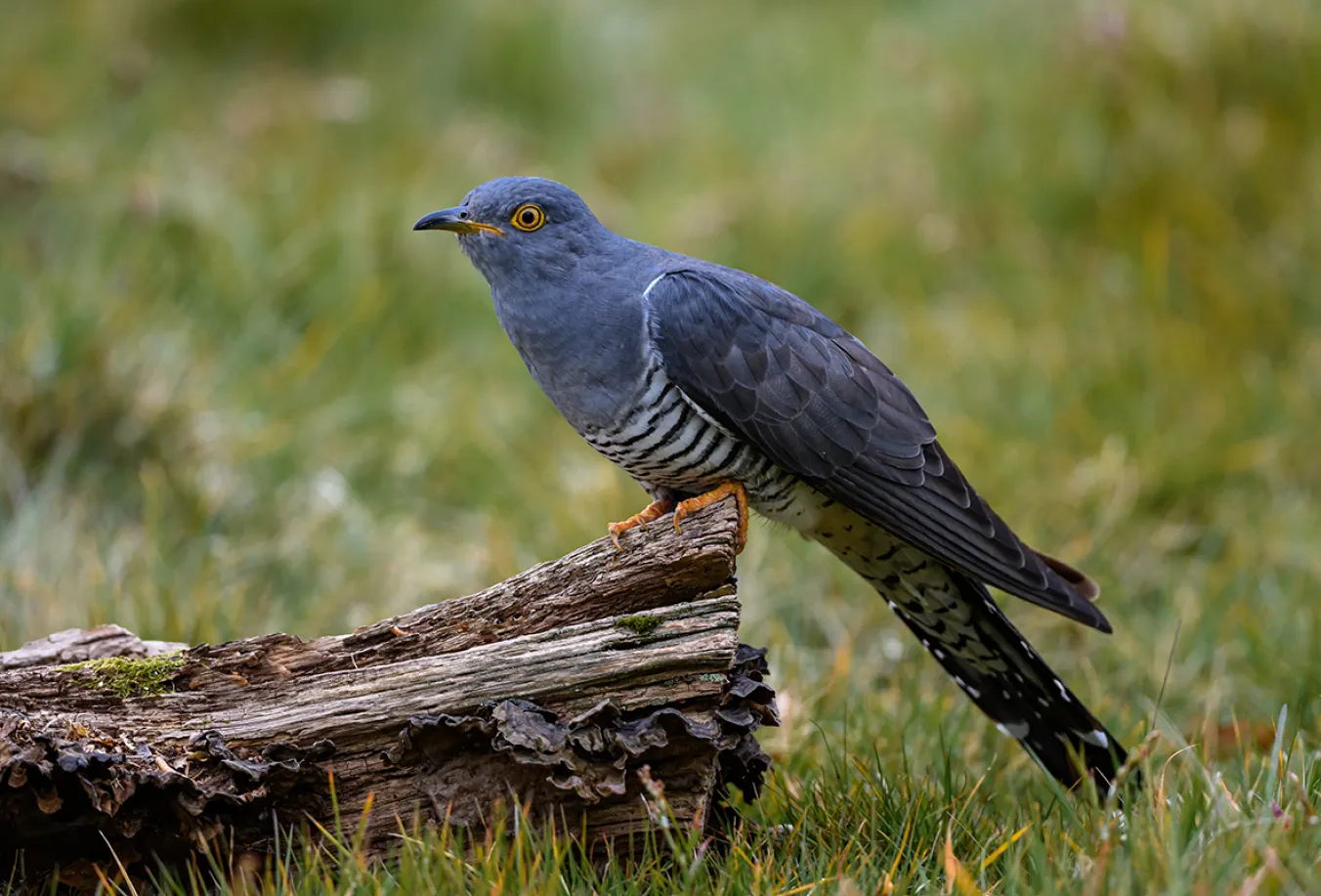
I HAD planned a more sharply political topic for these notes, but spring has arrived full-on. It demands attention. If you’ve any free time, then let it demand yours.
The oaks are in golden-green leaf. The bluebells are a hyacinth-scented carpet of blue-purple. Small lanes and woodland rides are a garden of colour. Cuckoo flower, stitchwort, wood spurge, bugle, fading primroses.
Only one thing spoils it. It’s full of odd silences. Odd absences of hoped-for sound.
More from this author
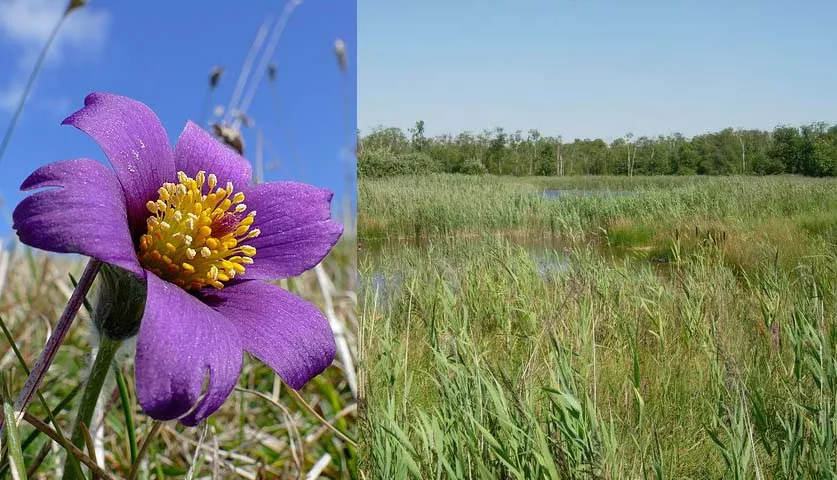
From John Clare country to ancient fenland, Ed Miliband’s solar farm approvals risk industrialising precious rural spaces — we must find greener solutions that don’t sacrifice our countryside’s beauty, writes DAVE BANGS
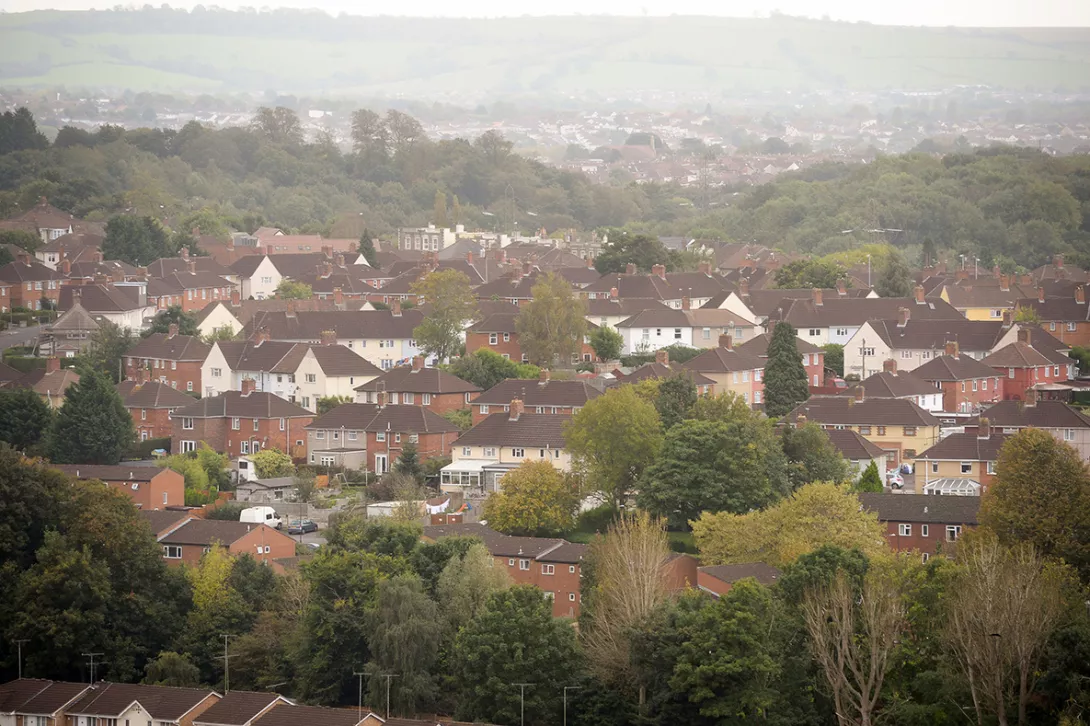
Decades of right to buy have eroded the social balance of our countryside — and now holiday lets and second home owners from the cities are compounding the crisis, writes DAVE BANGS
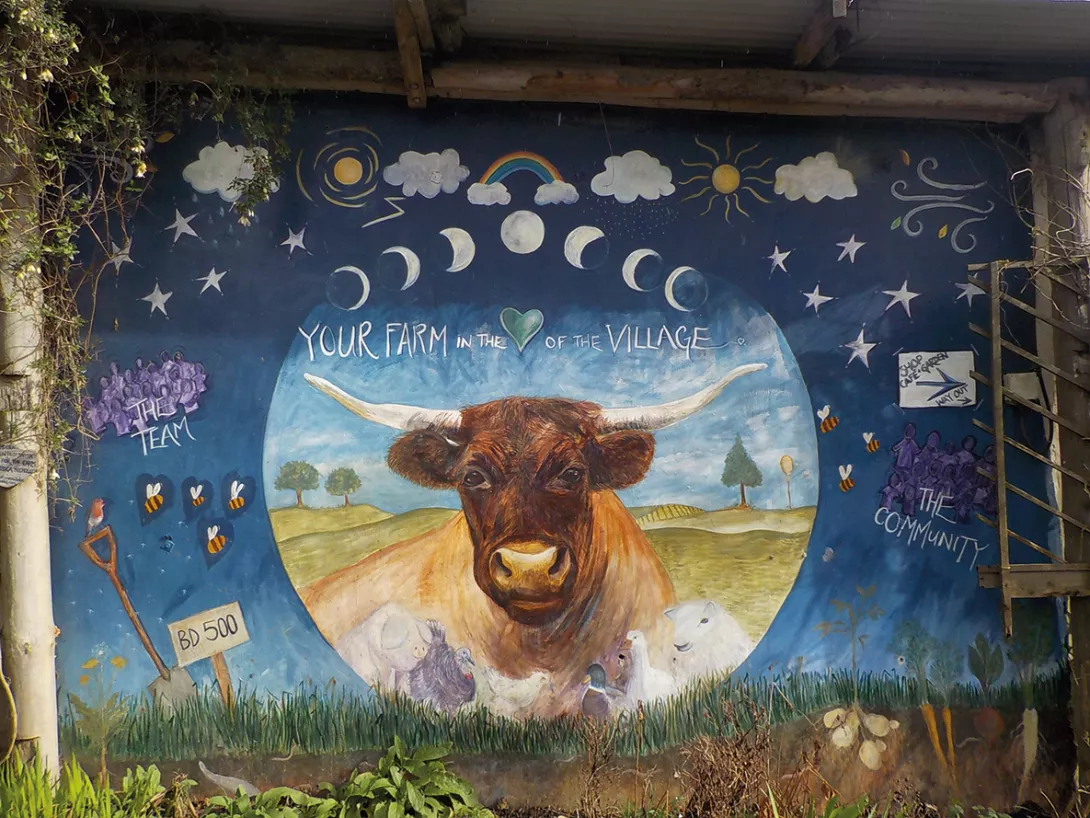
These twin Sussex co-ops selling their produce directly to locals offers a glimpse of a future of sustainable, democratised food production – all in harmony with nature, says DAVE BANGS
Similar stories

Gangs, flat champagne, nightmare island and completely cuckoo: the Star's critic MARIA DUARTE reviews new releases Cadejo Blanco, Widow Clicquot, Blink Twice and Cuckoo

From John Clare country to ancient fenland, Ed Miliband’s solar farm approvals risk industrialising precious rural spaces — we must find greener solutions that don’t sacrifice our countryside’s beauty, writes DAVE BANGS
by Jemima Foxtrot
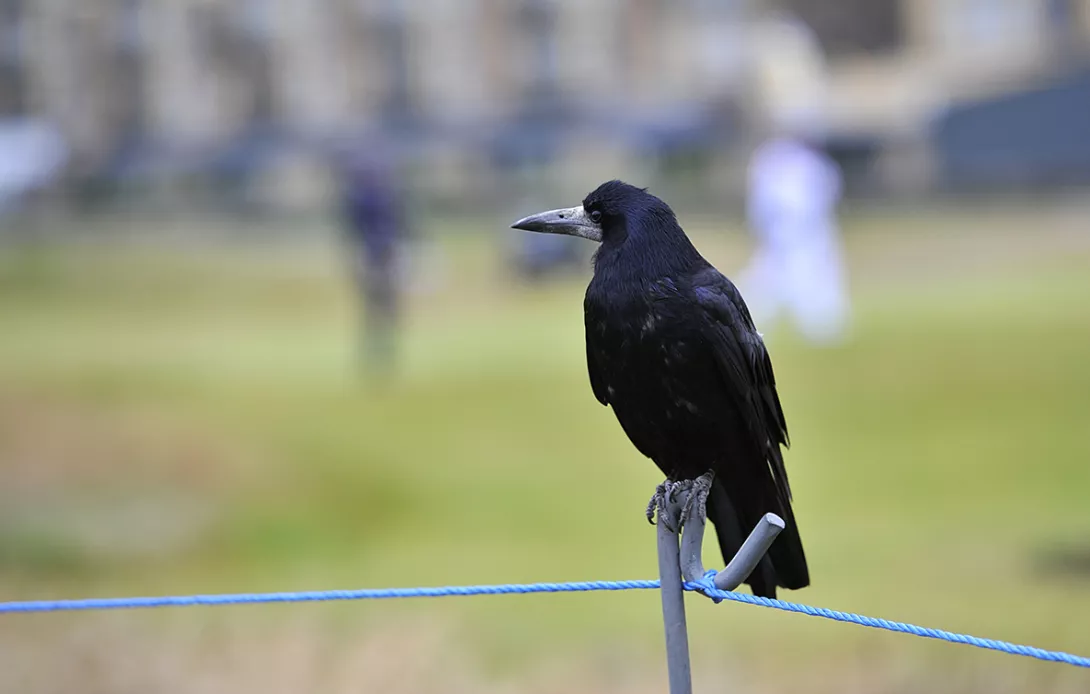
DAVE BANGS catches up with some loveable feathered friends










